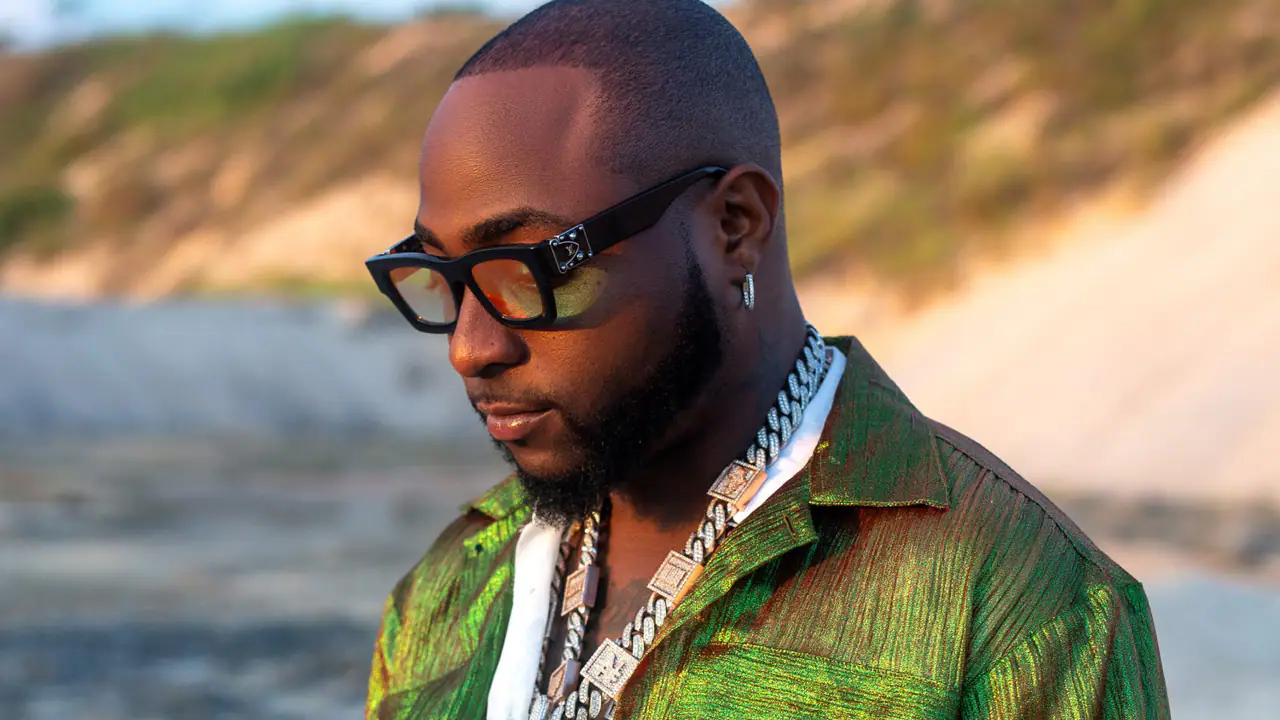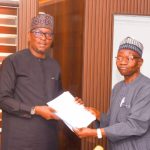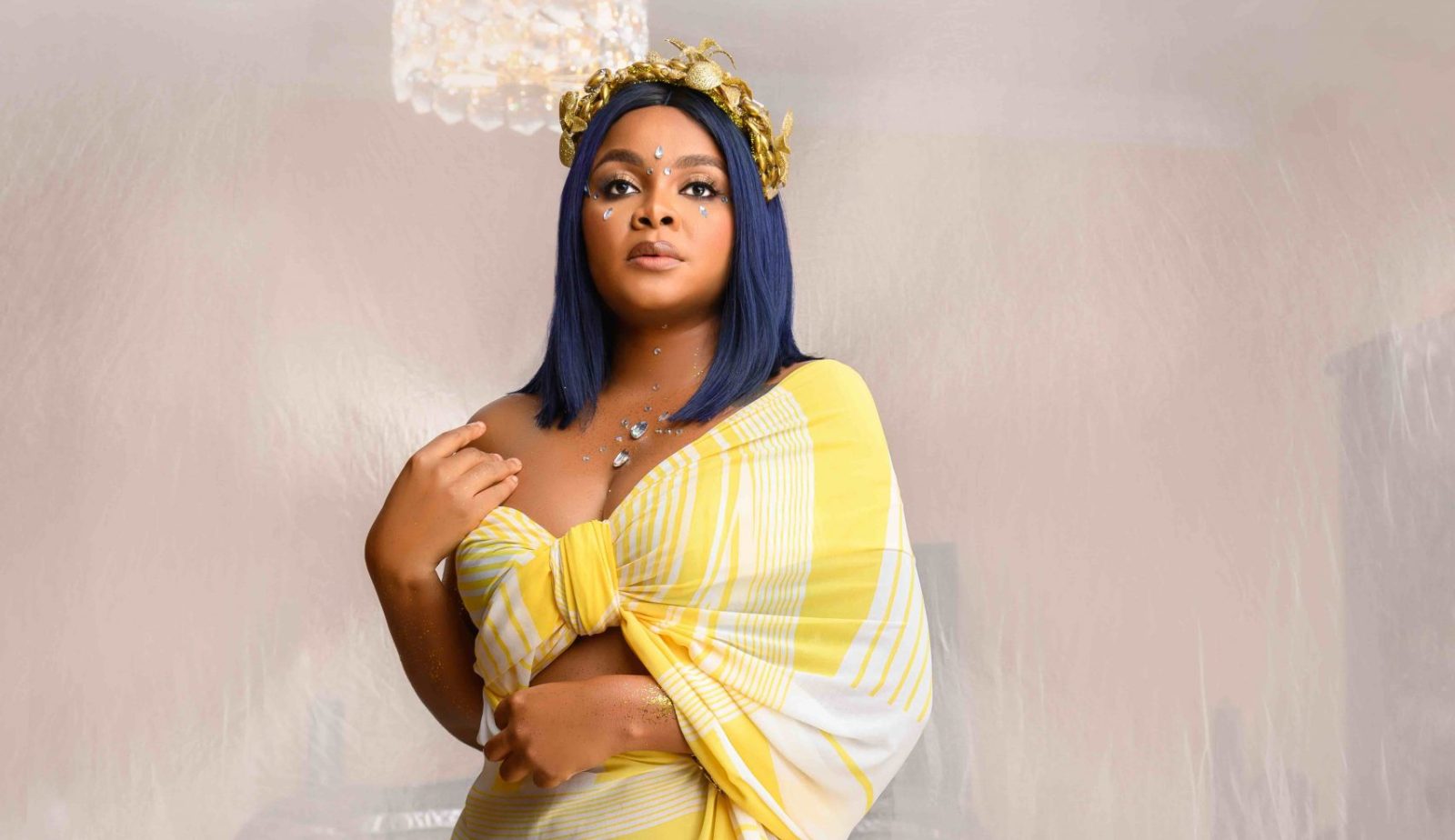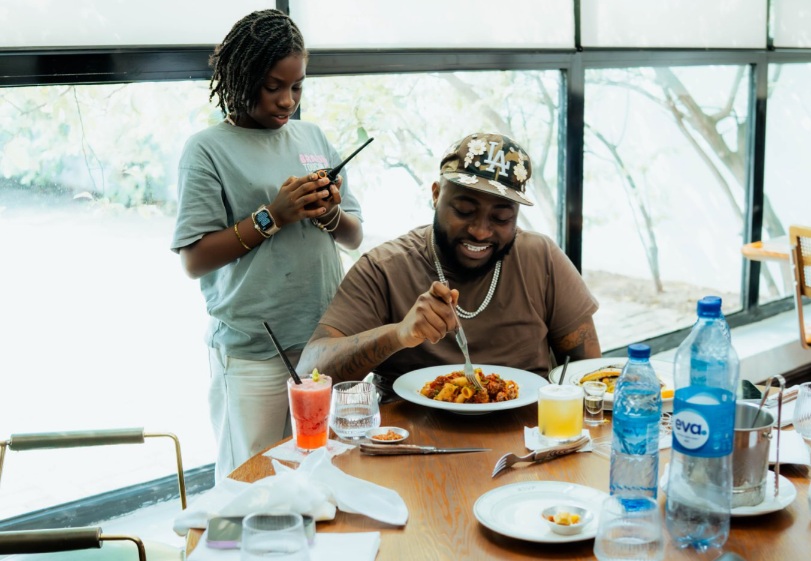Nigerian music star, David Adeleke, popularly known as Davido, has bowed to pressure following intense criticism over remarks he made about the state of the Nigerian economy.
During a podcast interview in the United States, Davido described the Nigerian economy as “in shambles” and stated that he would not encourage anyone he knows to invest or bring their money into the country.
His comments sparked widespread outrage on social media, with many accusing the artist of being unpatriotic and dismissive of Nigeria’s potential.
The backlash was immediate and unrelenting, with social media users calling Davido out for what they perceived as an attack on Nigeria.
Critics were quick to remind him of his privileged background, noting that his billionaire father, Adedeji Adeleke, amassed his wealth within the same Nigerian economy Davido criticised.
Many argued that his remarks were not only insensitive but also detrimental to efforts aimed at attracting investment and improving the country’s image.
Some users went as far as accusing Davido of hypocrisy, claiming he enjoyed the benefits of Nigeria’s opportunities while publicly disparaging the country.
They demanded that he show more gratitude and responsibility as a prominent figure whose words carry significant influence.
The criticism reached fever pitch, with calls for the artist to retract his statements and apologise.
Amid the growing outrage, Davido appeared to yield to the pressure, releasing a brief statement on social media.
In a post widely interpreted as an effort to placate his critics, he wrote, “God bless Nigeria.”
Although he did not explicitly address the backlash or clarify his initial comments, many saw the statement as a tacit acknowledgement of the uproar his remarks had caused.
For some, the statement was too little, too late. Critics dismissed it as a generic response that failed to address the underlying issues.
They argued that a more detailed explanation or apology would have been appropriate, given the impact of his earlier comments.
However, others viewed the statement as a show of patriotism and an attempt to move past the controversy.
Supporters of Davido defended his initial remarks, asserting that he was merely speaking the truth about the challenges facing Nigeria.
They pointed to the country’s economic struggles, including rising inflation and unemployment, as evidence that his observations were not unfounded.
Many argued that Davido’s comments reflected the frustrations of ordinary Nigerians and should be seen as a call for change rather than a condemnation of the country.
The controversy has reignited debates about the responsibilities of public figures when discussing national issues.
While some believe celebrities like Davido should always promote a positive image of their country, others argue that they have the right to voice their opinions, even if those opinions are critical.
This incident highlights the fine line between constructive criticism and statements that can be perceived as harmful.
Davido’s case also underscores the challenges of navigating public discourse in a highly connected and emotional age.
As one of Africa’s most prominent music stars, his words carry significant weight, and his actions are often scrutinised by fans and critics alike.
This latest episode has shown how quickly a public figure’s comments can spiral into a full-blown controversy in today’s digital world.
Observers have suggested that Davido’s experience serves as a cautionary tale for other celebrities.
They emphasized the importance of carefully framing public statements, especially on sensitive topics like the economy.
























Leave a comment